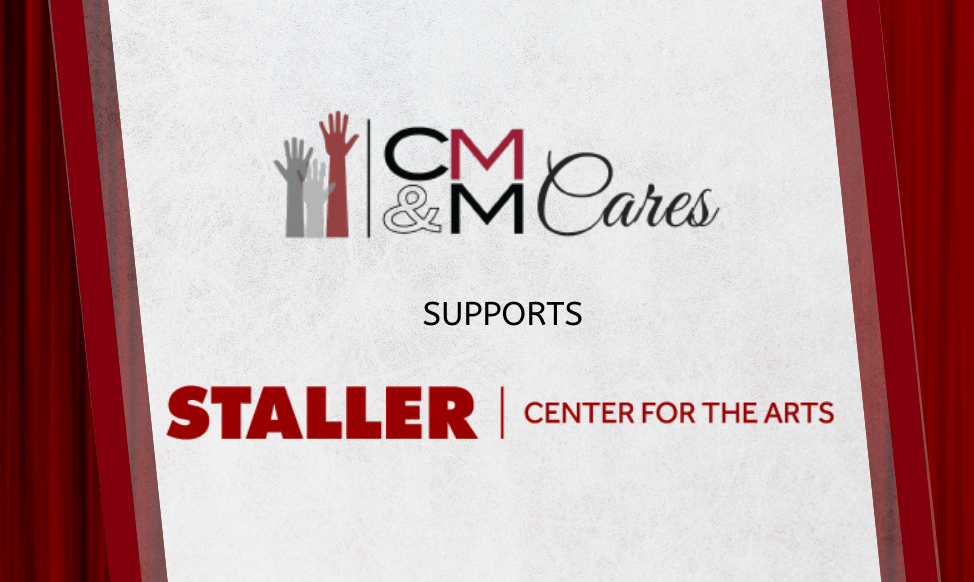As the COVID-19 pandemic continues to wreak havoc across
the globe, business owners are consumed with keeping their businesses,
employees, and their own families afloat. With the economy grinding to a halt,
business owners are understandably concerned about whether the legal
obligations of their business can shift to them personally during these
uncertain times. An individual business owner’s insulation from the liabilities
of his or her business is a basic premise of corporate law, but when can the
“corporate veil” be lifted?
In short: the bar is extremely high. Only sufficient
allegation of facts showing that the owner abused the privilege of doing
business through his or her domination and control of the entity would result
in personal liability. The fact that a business is short on cash to pay a
vendor, for example, is not enough on its own to extend the company’s liability
to its shareholders. Here, more specifics that prudent business owners should
know.
THE BAR IS HIGH
While courts are empowered to pierce the corporate veil
in appropriate circumstances, they often yield to the well-established
principle that businesses incorporate precisely for the purpose of insulating their
owners from personal liability. As such, efforts to disregard the corporate
form are not taken lightly. A party seeking to “pierce the corporate veil”
bears a heavy burden: in a lawsuit, the party must set forth very specific
facts demonstrating that (1) “the owners of a corporation, through their
domination and control of the corporation, (2) abused the privilege of doing
business in the corporate form to perpetrate a wrong or injustice against a
party such that a court in equity will intervene.”[1] What does “abusing the
privilege of doing business in the corporate form” look like? A court will
consider (1)
the absence of the formalities or failure to follow corporate formalities; (2)
inadequate capitalization; (3) commingling of assets, and (4) use of corporate funds for personal use.[2]
SPECIFICS, NOT GENERALITIES
A lawsuit merely claiming in a conclusory matter, without
specifics, that a corporation is “dominated” or “controlled” by a shareholder will
not succeed. Simply because corporate officers participate in day-to-day
operations of a corporation does not warrant that the corporate veil be pierced
(indeed, that’s precisely what owners and corporate officers should be doing).
Even allegations of bad faith aren’t enough: the party seeking to pierce the
corporate veil must articulate that the abuse of privilege by the corporate owner
creates a nexus between the abuse of corporate form and the transactions or
occurrences at issue.
THE TAKEAWAY
The current business climate is raising questions and challenges no one has experienced before. Piercing the corporate veil to impose personal liability on an owner is not a decision any court would make lightly. Absent abusing the privilege of doing business as an incorporated entity before this crisis hit, and absent taking such abusive steps to shield oneself from personal liability after the fact, business owners can focus on the many other issues demanding their attention right now – not worrying about their own personal liability with respect to the obligations of their business.
[1] Morris
v. New York State Department of Taxation and Finance, 603 N.Y.S.2d
807, 811 (1993); East
Hampton Union Free School District v. Sandpebble Builders, Inc., 66
A.D.3d 122, 126 (2d Dep’t 2008).
[2] See, e.g., Peery v. United Capital Corp., 924
N.Y.S.2d 470, 473 (2d Dep’t. App. Div. 2011)










